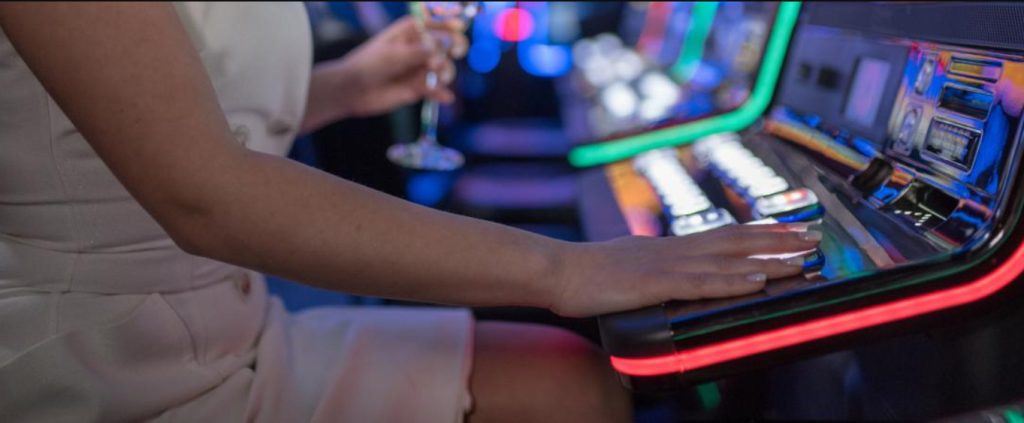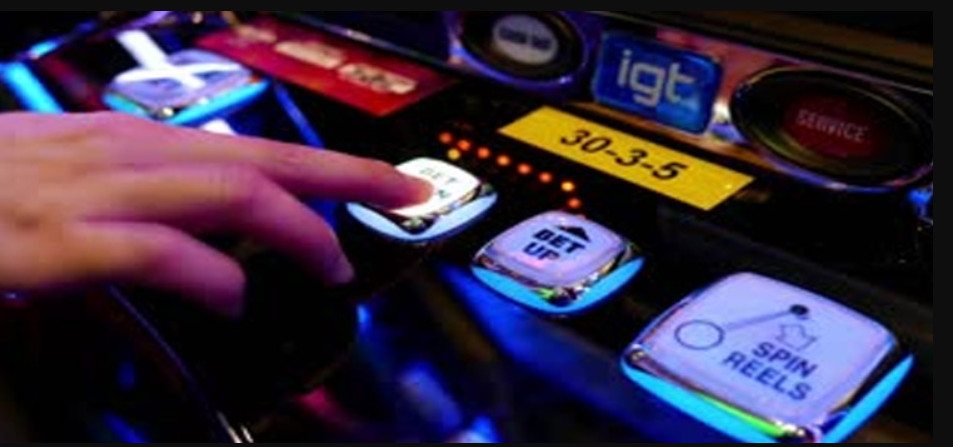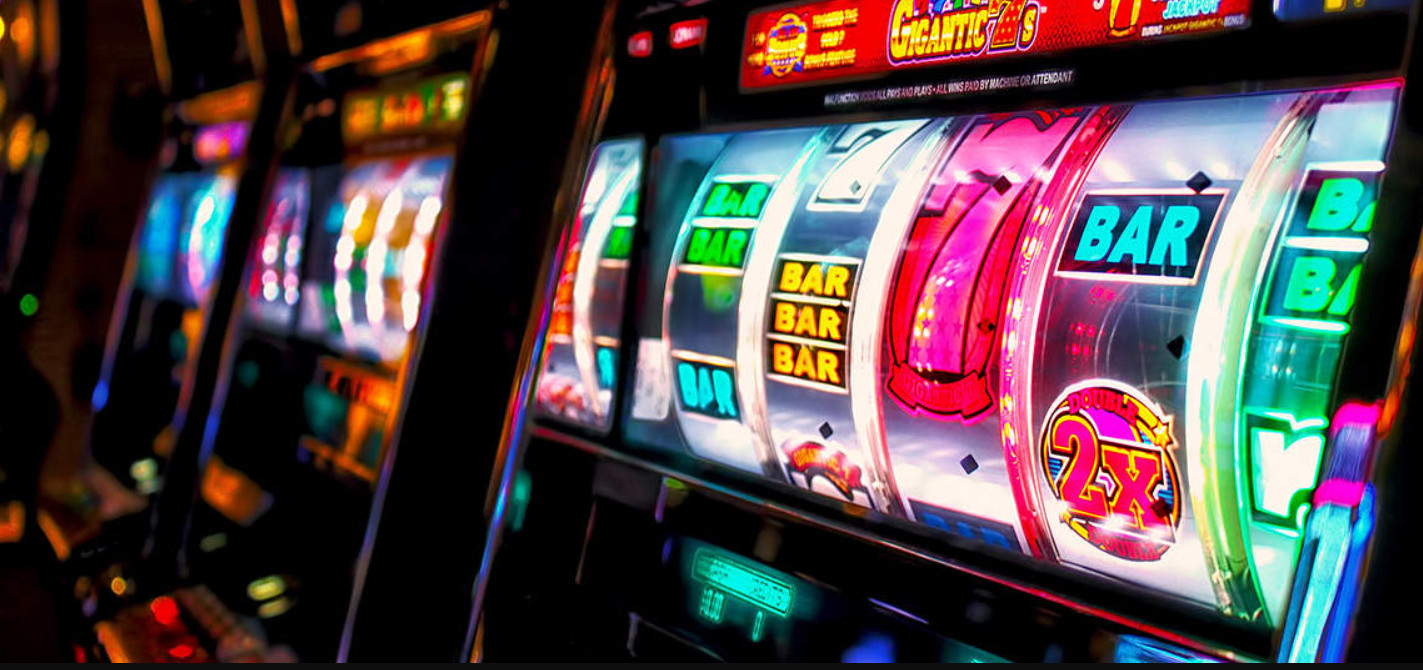Slot machines, with their blinking lights and captivating sounds, are the heart and soul of the casino experience for many gamblers. However, with their popularity comes a host of myths and misconceptions about how they work and how one can increase their chances of hitting the jackpot. From the belief that machines are “due” for a win to the notion that casinos can manipulate payouts, these myths pervade the gambling community. In this article, we delve into the top 5 Slot Machine Myths, providing insights and truths to dispel these widespread beliefs.
Myth 1: Slot machines are due a win if they haven’t paid out for a while
One of the most enduring myths is the idea that a slot machine that hasn’t paid out for an extended period is “due” for a big win. This belief is rooted in the Gambler’s Fallacy, the erroneous belief that past events can influence future outcomes in random processes.According to the principles governing slot machines, specifically the Random Number Generator (RNG), each spin is an independent event, entirely unaffected by previous outcomes. The RNG ensures that each spin’s result is completely random and, as such, a slot machine is never “due” for a win. As one industry expert sums it up, “Believing a machine is hot or cold is simply a creation of the player’s imagination.”
The Era of Randomness
At the heart of modern slot machine operations lies the Random Number Generator (RNG), a computer algorithm that generates numbers corresponding to symbols on the slot reels. The RNG operates continuously, cycling through thousands of numbers per second, and the outcome of a spin is determined the moment the play button is hit. This process ensures that every spin is independent, and that past results have no effect on future outcomes.
Experts in the field often emphasize this: “The principle behind the RNG makes it impossible for a machine to be ‘due’ for a win. Each spin is an isolated event, making predictions or patterns purely coincidental,” explains a notable casino game programmer.
Myth versus reality: statistical insights
Statistics play a crucial role in understanding the improbability of the “due win” theory. Given that each spin is an independent event with fixed probabilities, the odds of winning remain constant on every spin. There’s a common misunderstanding among players that if a machine hasn’t paid out in a significant amount of time, it somehow increases the odds of an impending win. However, the statistical likelihood of hitting a jackpot on your next spin is the same as it was on your first.As highlighted by a casino operations expert, “The odds of winning are programmed into each slot machine and do not change, regardless of past payouts or the length of time a machine has gone without awarding a big win.”

The gambler’s fallacy: a psychological perspective
The belief that a slot machine is due a win is closely linked to the gambler’s fallacy—the erroneous belief that past events can influence future outcomes in situations of chance. This fallacy leads players to believe that after a series of losses or a lengthy ‘dry spell,’ a win is inevitable.Psychologists point out that, “This fallacy showcases our human tendency to see patterns where none exist. In reality, slot machines operate on chance, and no amount of strategy or belief can influence their outcomes.”
Casino insights: the house perspective
Casinos are well aware of the myths surrounding slot machines, and some may even subtly encourage these beliefs as part of the allure of casino gaming. However, regulations ensure that casinos operate their slot machines fairly and within the boundaries of the law.A casino manager shares, “While we understand the myths that surround slot machine payouts, it is essential for players to know that our machines are rigorously tested for fairness and operate randomly. Our objective is to provide entertainment, not to manipulate results in our favor beyond the house edge.”
Slot machines are games of chance
Acknowledging that slot machines are purely games of chance is crucial for players to enjoy their gaming experience responsibly. While it can be tempting to believe in strategies or myths that promise increased chances of winning, the reality is that slot machine outcomes are determined solely by randomness and the predefined odds set by the manufacturers.A seasoned gambler advice highlights this truth: “Understanding that slots are games of chance with random outcomes has made my gambling experience more enjoyable and less stressful. Winning feels great, but I know it’s simply luck, not a machine being ‘due’ for a payout.”
Providing player protection: responsible gambling
Recognizing and debunking myths like the “due win” theory is part of promoting responsible gambling practices. By understanding the true nature of slot machines, players can set realistic expectations and make more informed decisions about their gameplay.Responsible gambling advocates suggest, “Educating players about how slot machines work can help prevent problem gambling and ensure that casino visits remain a fun and entertaining activity.”
Myth 2: You Can Increase Your Chance of Winning by Staking More
Another common misconception is that betting higher amounts increases your chances of winning. While it’s true that playing higher denominations or betting on more paylines can increase the size of potential payouts, it does not influence the likelihood of winning itself. The RNG does not consider the size of your bet when determining the outcome of a spin. It’s essential for players to understand that winning in slots is purely a matter of chance, irrespective of how much money is wagered.
Myth 3: Playing at Certain Times of Day Increases Your Chances of Winning
Some players swear by the strategy of playing slots at specific times to increase their winning odds. This myth suggests that casinos alter the payout rates at different times or that the machines are somehow looser when they are less busy. However, this theory has no basis in reality. Slot machines operate with the same RNG mechanics round the clock, ensuring that the odds remain consistent regardless of the time of day.Industry regulations and strict standards also prevent casinos from adjusting payout frequencies at whim. Thus, whether you play at dawn, dusk, or dead of night, your chances of winning remain unchanged.
Myth 4: Certain Tricks Can Influence the RNG or “Force” a Win
There’s a storied tradition of gamblers trying to outwit slot machines using various “tricks,” such as hitting buttons in a specific sequence, watching the reels for patterns, or even using physical manipulation. However, modern slot machines are sophisticated and highly secure devices governed by RNG software, making it impossible to predict or manipulate outcomes.
It’s the allure of ‘cracking the code’ that keeps this myth alive, despite the overwhelming evidence against its effectiveness,” notes a gambling historian. The truth is, there’s no legal way to influence the RNG or force a win on a slot machine.
Myth 5: Casinos Can Mess with Slot Machines to Control How Often They Pay Out

A pervasive myth is that casinos manipulate slot machines to control payouts, tightening them up to reduce wins or loosening them to encourage more play. However, altering the payout frequency of slot machines is not only technically challenging but also illegal. Regulatory bodies strictly monitor and audit slot machine payouts to ensure fairness and compliance with gambling laws.Casinos have little to gain by manipulating slot machines in this manner. The randomness and house edge built into slot games already ensure profitability for the casino over the long term. “Casinos rely on the law of averages and the inevitability of the house edge, not manipulation, to make a profit,” clarifies a regulatory officer.
Conclusion
The allure of slot machines is undeniable, but so is the web of Myths and legends slot machine that surrounds them. Understanding that the outcomes of slot games are based purely on luck and governed by RNGs is crucial for enjoying the game responsibly and without false expectations. By dispelling these top myths, gamblers can approach slot machines with a clearer perspective, focusing on the entertainment value rather than chasing illusory strategies or patterns. Remember, the only sure bet in gambling is that the house always has the edge — everything else is left to chance.


